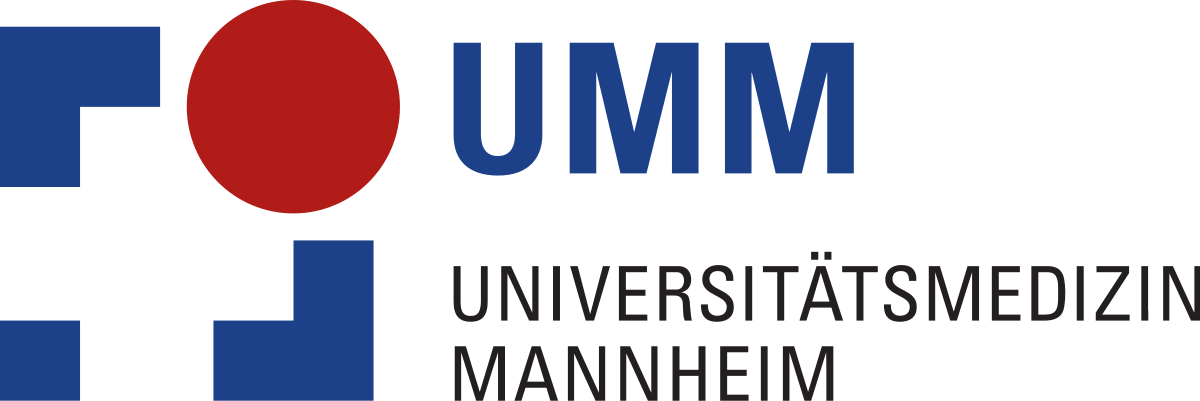The LiSyM-Cancer Network
In LiSyM-Cancer, 48 partners working on 37 subprojects at 22 academic institutions distributed over 15 cities with altogether app. 130 multidisciplinary staff cooperate to investigate the development of liver cancer from pre-existing conditions such as non-alcoholic fatty liver disease (NAFLD) or cirrhosis of the liver aiming at the identification of relevant biomarkers for the early diagnosis and prevention of early liver cancer (Hepatocellular Carcinoma (HCC)).
Our network is accompanied by an international Scientific Advisory Board (SAB) consisting of renowned experts in the research area of LiSyM-Cancer.
The Project Management Jülich (PtJ) works on behalf of the Federal Ministry of Research, Technology and Space (BMFTR) to administer and implement the funding programme and is the interface between LiSyM-Cancer and the BMFTR.
LiSyM-Cancer has a project duration of three years, running from July 2024 to July 2027.
Aachen c-tip-hccsmart-nafld
University Hospital RWTH Aachen

Thorsten Cramer
ClinicianExperimentalist
c-tip-hcc
Steven Olde Damink
ClinicianExperimentalist
c-tip-hcc
Florian Vondran
ClinicianExperimentalist
smart-nafld
Augsburg deep-hcc
Augsburg University Institute of Computer Science

Andreas Raue
Modeller
deep-hcc
Berlin deep-hccsmart-nafld
Charité

Nikolaus Berndt
ModellerExperimentalist
deep-hcc
Humboldt University Berlin

Ralf Steuer
Modeller
smart-nafld
Bochum c-tip-hcc
University Hospital Knappschaftskrankenhaus Bochum

Ali Canbay
Clinician
c-tip-hcc
Dortmund c-tip-hcc
IfADo

Dirk Drasdo
Modeller
c-tip-hcc
Jan Hengstler
Experimentalist
c-tip-hcc
Dresden deep-hcc
Lipotype GmbH

Christian Klose
Experimentalist
deep-hcc
Kai Simons
Experimentalist
deep-hcc
Max-Planck-Institute For Molecular Cell Biology and Genetics

Meritxell Huch
Experimentalist
deep-hcc
Andrej Shevchenko
Experimentalist
deep-hcc
University Hospital Dresden

Mario Brosch
ClinicianExperimentalist
deep-hcc
Jochen Hampe
ClinicianExperimentalist
deep-hcc
University of Technology Dresden

Lutz Brusch
Modeller
deep-hcc
Ünal Coskun
Experimentalist
deep-hcc
Maria Fedorova
Experimentalist
deep-hcc
Stephen Gilbert
Modeller
deep-hcc
Jakob Kather
Modeller
deep-hcc
Düsseldorf c-tip-hcc
University Hospital Düsseldorf

Johannes Bode
Clinician
c-tip-hcc
Freiburg c-tip-hccsmart-nafld
University Freiburg Institute of Physics

Jens Timmer
Modeller
c-tip-hccsmart-nafld
Hanover c-tip-hccsmart-nafld
Hannover Medical School (MHH)

Heike Bantel
ClinicianExperimentalist
c-tip-hcc
Björn Hartleben
Clinician
c-tip-hcc
Frank Lammert
Clinician
smart-nafld
Heidelberg dmpmsmart-nafldc-tip-hcc
German Cancer Research Center (DKFZ) Heidelberg

Dominic Helm
Experimentalist
smart-nafld
Ursula Klingmüller
Experimentalist
smart-nafldc-tip-hcc
Almut Schulze
Experimentalist
smart-nafld
Heidelberg Institute for Theoretical Studies (HITS gGmbH)

Wolfgang Müller
Project ManagementData Management
dmpm
University Hospital Heidelberg

Franck Billmann
Clinician
smart-nafld
Matthias Ganzinger
Data Management
dmpm
Arianeb Mehrabi
Clinician
smart-nafld
Christoph Michalski
Clinician
smart-nafld
Julio Saez-Rodriguez
Modeller
c-tip-hcc
Oliver Sedlaczek
Clinician
smart-nafld
Hans-Ulrich Kauczor
Clinician
smart-nafld
Homburg smart-nafldc-tip-hcc
University Hospital Saarland

Matthias Glanemann
Clinician
smart-nafldc-tip-hcc
Jörn Schattenberg
Clinician
smart-nafld
Leipzig smart-naflddeep-hccc-tip-hcc
University Leipzig

Stefan Höhme
Modeller
c-tip-hccsmart-nafld
University Hospital Leipzig

Thomas Berg
ClinicianExperimentalist
smart-naflddeep-hcc
Georg Damm
Clinician
smart-naflddeep-hcc
Timm Denecke
Clinician
smart-nafld
Madlen Matz-Soja
ClinicianExperimentalist
smart-naflddeep-hcc
Daniel Seehofer
Clinician
smart-naflddeep-hcc
Mannheim c-tip-hcc
University Hospital Mannheim

Steven Dooley
Experimentalist
c-tip-hcc
Münster deep-hcc
University Hospital Münster

Jonel Trebicka
Clinician
deep-hcc
Rostock deep-hcc
Universitätsklinikum Rostock

Sebastian Hinz
Clinician
deep-hcc
Clemens Schafmayer
Clinician
deep-hcc
